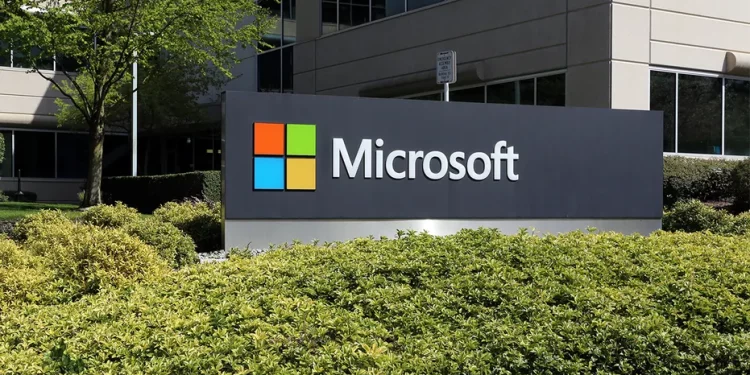Microsoft and Emirati artificial intelligence firm G42 have unveiled a sweeping KES 132 billion ($1 billion0 partnership to establish a cutting-edge technology ecosystem in the East African nation.
The comprehensive package, formalized in a letter of intent during Kenyan President William Ruto’s historic U.S. visit, aims to propel Kenya into the digital vanguard through investments spanning cloud computing, AI research, connectivity, and cybersecurity initiatives.
At the heart of the plan is a state-of-the-art, renewably powered data center campus in Olkaria that will host Microsoft’s new East Africa cloud region, providing customers across the region access to Azure’s scalable cloud and AI services within 24 months. The green data center will be designed with water conservation technology and run entirely on geothermal energy.
“This partnership is bigger than technology itself,” President Ruto declared, hailing it as a launchpad for Kenya’s digital leadership and shared prosperity for the U.S., Kenya and UAE. Microsoft’s Brad Smith echoed the unprecedented scale, calling it “the single largest and broadest digital investment in Kenya’s history.”
The initiative encompasses four key pillars crafted to nurture Kenya’s tech ecosystem. Firstly, G42 will spearhead development of open-source AI language models in Swahili and English, while partnering with local universities and Microsoft’s Africa research outposts.
Secondly, Microsoft’s Nairobi AI for Good Lab will leverage AI to enhance food security via tailored fertilizer recommendations, monitor wildlife populations, and boost climate resilience by applying AI models to satellite data for disaster preparedness.
Thirdly, an East Africa Innovation Lab will mentor Kenyan startups in cloud and AI adoption, aided by Microsoft’s 500-strong Africa developer workforce. Extensive digital skilling programs across government, cybersecurity and entrepreneurship will cultivate a future-ready workforce.
Lastly, connectivity forms another keystone, with plans to expand affordable internet access to 20 million Kenyans by 2025 via last-mile wireless partnerships with Mawingu, Liquid, CSquared and fintech platforms like M-KOPA facilitating smartphone ownership.
Crucially, the initiative prioritizes digital sovereignty, with Kenya envisioned as a “trusted data zone” adhering to global data protection standards. The new infrastructure would allow other nations to store data under their laws while tapping its capabilities.
Microsoft will provide cybersecurity support through its global threat intelligence centers, while the Kenyan government commits to a “cloud-first” policy encouraging public sector cloud adoption.


















